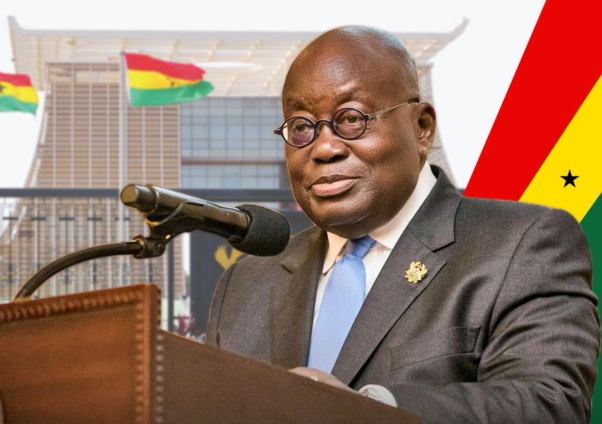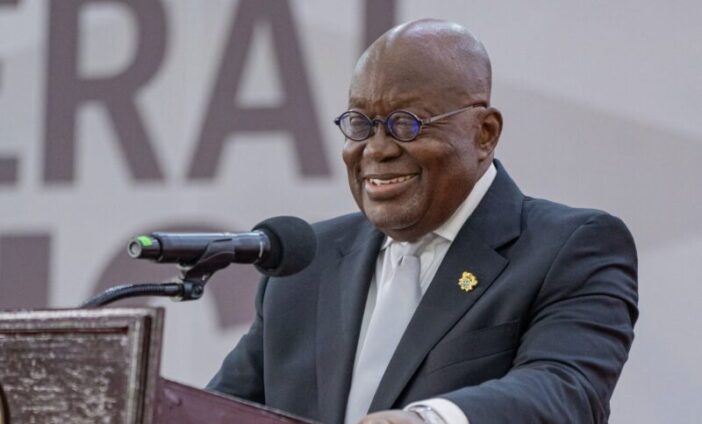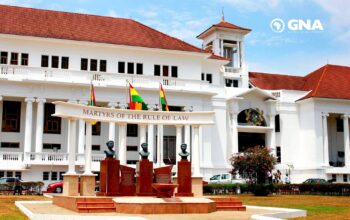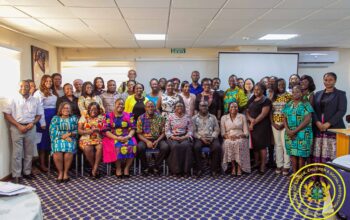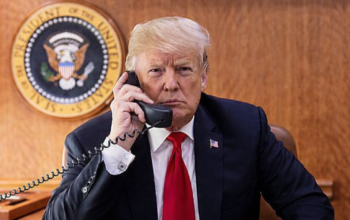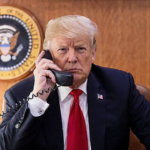President-elect John Dramani Mahama has described the past eight years under President Nana Akufo-Addo’s administration as one of the “darkest periods” in Ghana’s history. Mahama’s statement reflects his criticism of the current government’s policies and their impact on the nation. He argued that under Akufo-Addo’s leadership, Ghana has faced significant challenges, including economic difficulties, rising unemployment, and a growing debt burden, which Mahama claims have left many Ghanaians struggling.
Mahama’s remarks are part of his broader critique of the ruling New Patriotic Party (NPP) and its governance over the past two terms. He has often spoken about the hardships faced by ordinary citizens during this period, including inflation, high fuel prices, and the erosion of public sector services. Mahama’s comments signal a stark contrast between his vision and that of the outgoing government, as he pledges to address these issues and improve the lives of Ghanaians if he is confirmed as the new president.
By labelling the past eight years as “dark,” Mahama seeks to underscore the difficulties Ghanaians have endured and the need for change. His criticism serves as part of the broader political narrative as he prepares to take on the leadership role once again, promising to restore Ghana’s prosperity and work toward the inclusion of all citizens in the country’s development.
Following his decisive electoral victory, President-elect John Dramani Mahama criticized the outgoing administration of President Nana Akufo-Addo, describing the past eight years as “some of the darkest periods of our government.” Mahama reflected on the crises that had unfolded in Ghana during this time, stating that they had left a “scar on our national psyche.” His comments underscored his belief that the country has faced significant hardships under the current leadership.
Mahama went on to criticize the Akufo-Addo administration for what he perceived as its failure to prioritize the needs of ordinary Ghanaians. He highlighted issues such as economic struggles, high unemployment, rising inflation, and widespread discontent among citizens as evidence of weak governance. In his view, these challenges reflect a lack of effective leadership and misplaced priorities that have hindered the nation’s progress.
“This outcome is a repudiation of bad governance, weak leadership, and misplaced priorities,” Mahama stated, positioning his electoral victory as a clear rejection of the current government’s policies and leadership. His remarks were not just a critique of the past administration, but also a promise to address these issues and implement a more people-focused approach to governance under his leadership.
Mahama’s comments signal his commitment to restoring the country’s stability, rebuilding the economy, and ensuring that the government’s actions are more closely aligned with the needs and aspirations of the Ghanaian people. His victory, in his view, marks a significant turning point in the nation’s political trajectory, signalling hope for a better future after what he described as a challenging and turbulent period. In his speech following his decisive victory, President-elect John Dramani Mahama emphasized the clear message sent by the people of Ghana: “The people of Ghana have made it clear that they demand better.” He acknowledged the immense challenges facing the country, describing the current situation as an “abyss” created by years of mismanagement under the outgoing administration. This stark assessment highlighted the deep-rooted issues that he believes have plagued Ghana, including economic struggles, poor governance, and a lack of effective leadership.
Despite these challenges, Mahama expressed a strong sense of resolve and optimism, vowing to lead a collective effort to rebuild the nation. “We intend to work together to restore the shattered confidence in our politics and governance system,” he assured Ghanaians. His statement signalled his commitment to healing the divisions within the country, restoring trust in the political system, and working collaboratively with all sectors of society to address the pressing issues facing the nation.
Mahama’s message conveyed both a recognition of the difficulties ahead and a call to action for unity and collective responsibility. His leadership, he suggested, would be focused on restoring hope, revitalizing Ghana’s political institutions, and ensuring that governance prioritizes the welfare of the people. The passage you’ve shared outlines a statement from a leader, likely John Dramani Mahama, emphasizing the need for a fresh approach to governance and the relationship between citizens and elected officials. The leader stresses the importance of transparency and accountability through reforms, recognizing the challenges of the past while focusing on a hopeful future. By calling for unity and collective effort, Mahama conveys a strong message of optimism and determination, assuring that together, they will overcome the challenges and build a better future for Ghana. In this part of the statement, Mahama is encouraging Ghanaians to reject negativity and pessimism, which can hinder progress. He emphasizes the importance of turning frustrations into positive, constructive action. By urging citizens to “work tirelessly to rebuild our nation,” he is calling for collective effort and determination to overcome challenges and shape a brighter future. His message is one of resilience, urging the people to stay focused on positive solutions rather than being consumed by past grievances or hopelessness.
